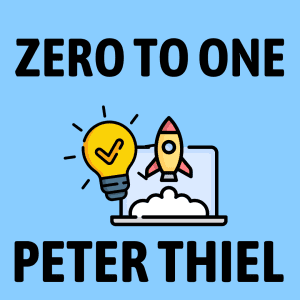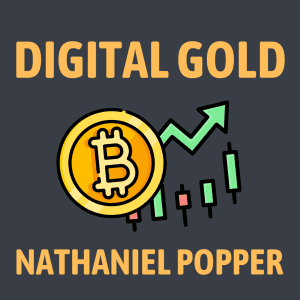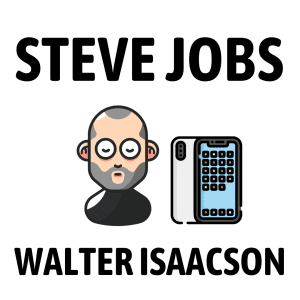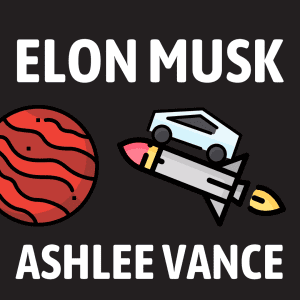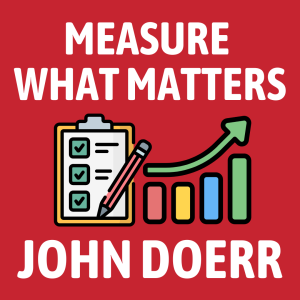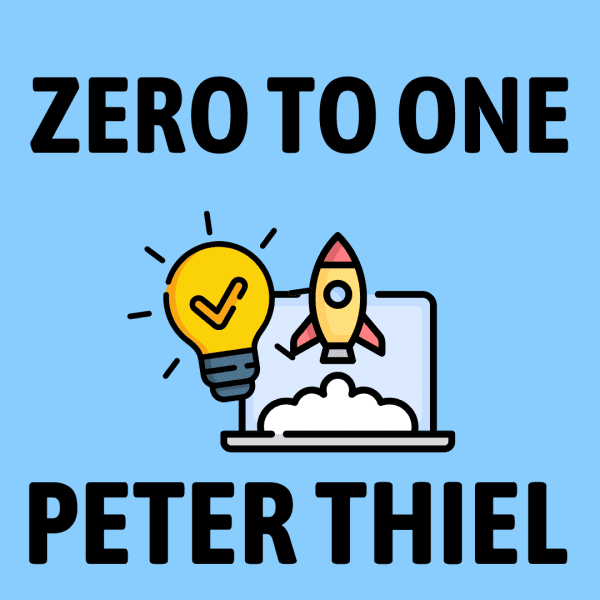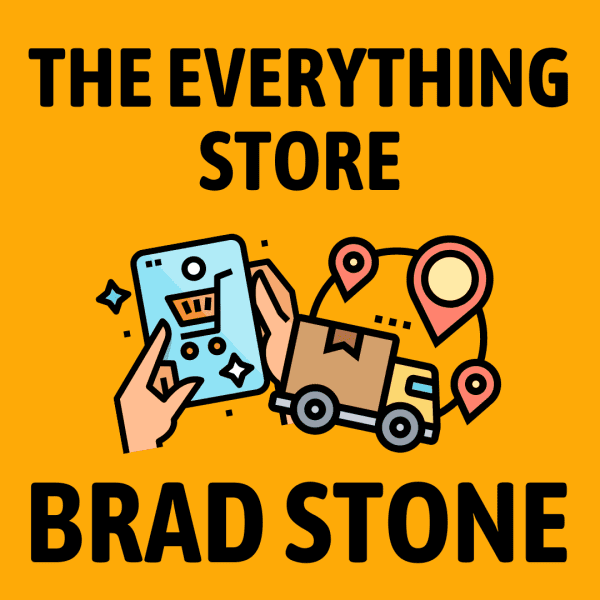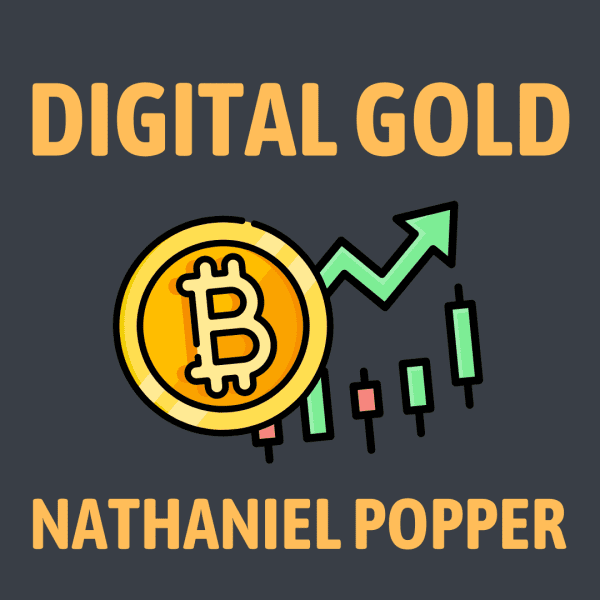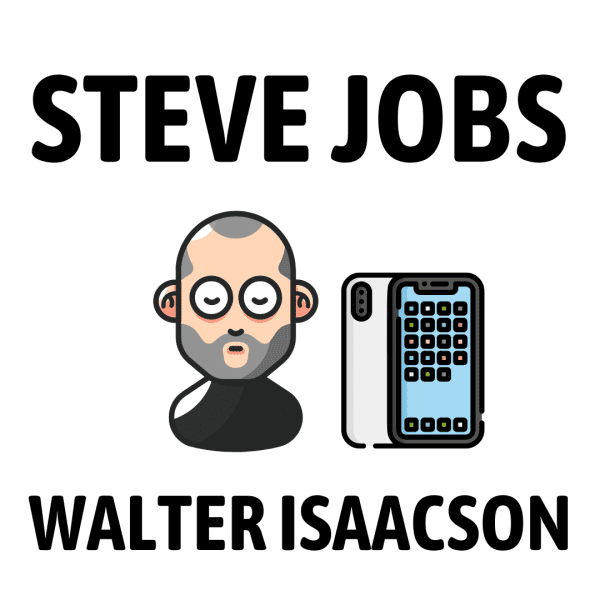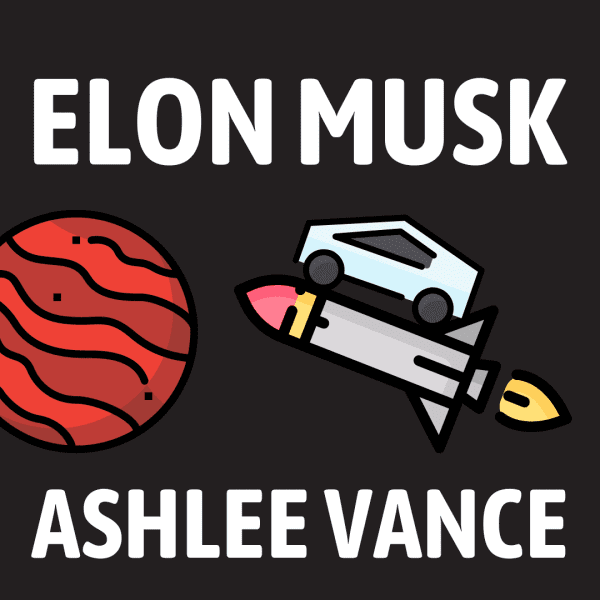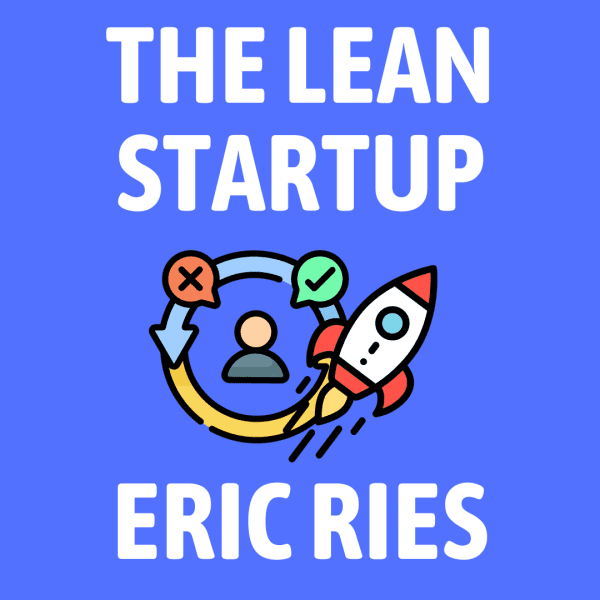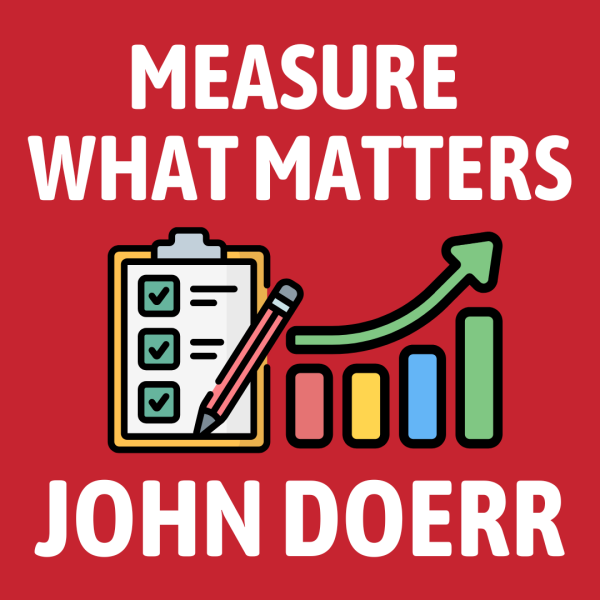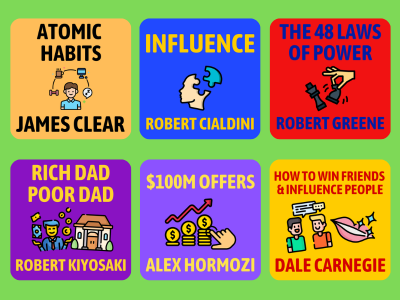"The Lean Startup" by Eric Ries is about how to build new startup businesses smarter, using lean and agile methods.
It emphasizes launching a Minimum Viable Product, gathering customer feedback with scientific tests, and pivoting based on insights.
This approach helps quickly develop valuable products that truly benefit customers.
Why read it?
If you're banging your head against the wall trying to make your startup work, "The Lean Startup" can give you a much-needed plan for success.
Eric Ries flips traditional business launch strategies upside down, arguing for a smarter, not harder, approach.
It's all about building a minimal product, getting it out there fast, "failing fast," and then tweaking it based on real feedback. (Rather than perfecting something in a vacuum and hoping it flies.) Think of it like playing a video game where you get a bunch of lives to keep trying. 🎮

